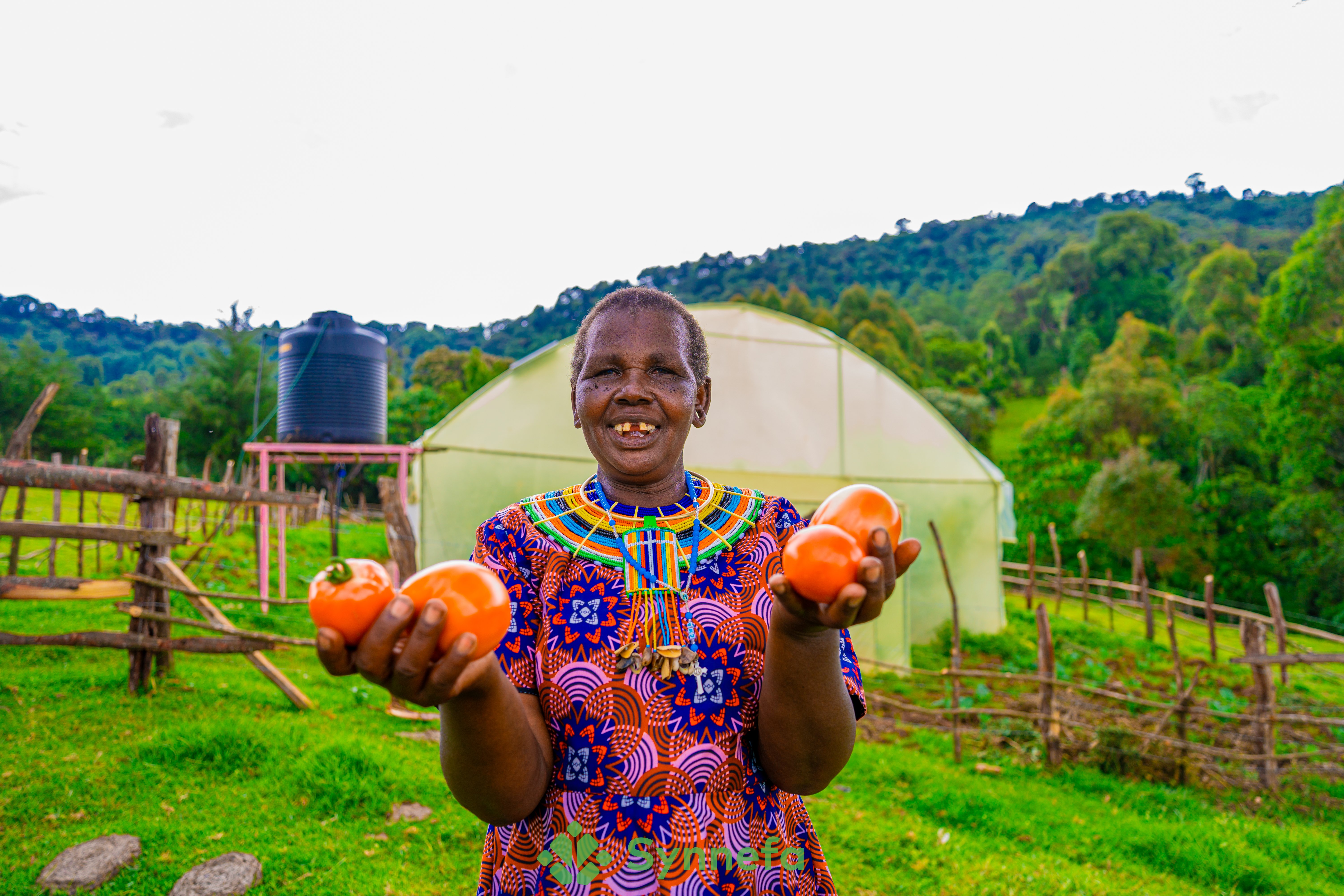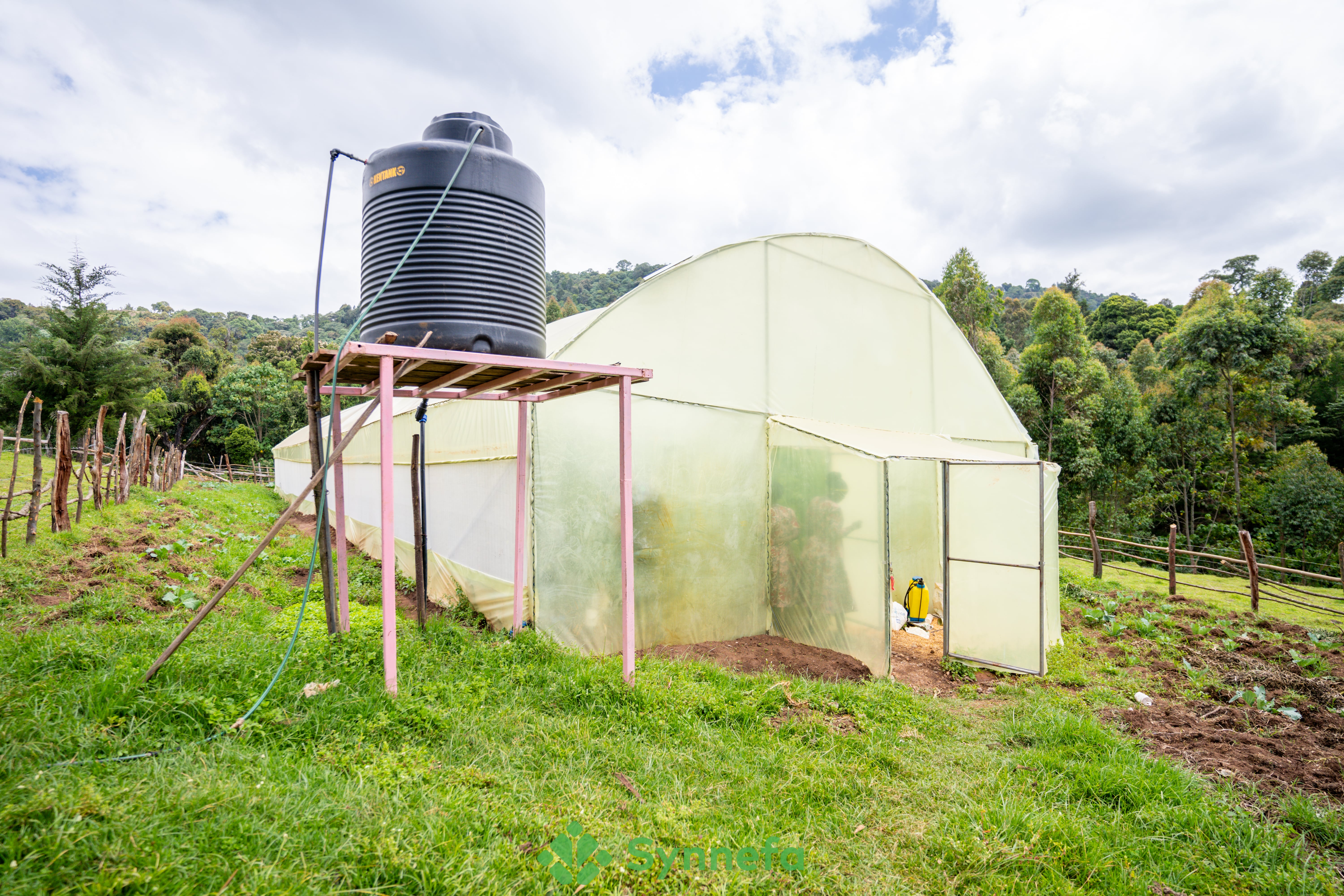10 Ways Farmers Embrace Organic Farming in Greenhouses
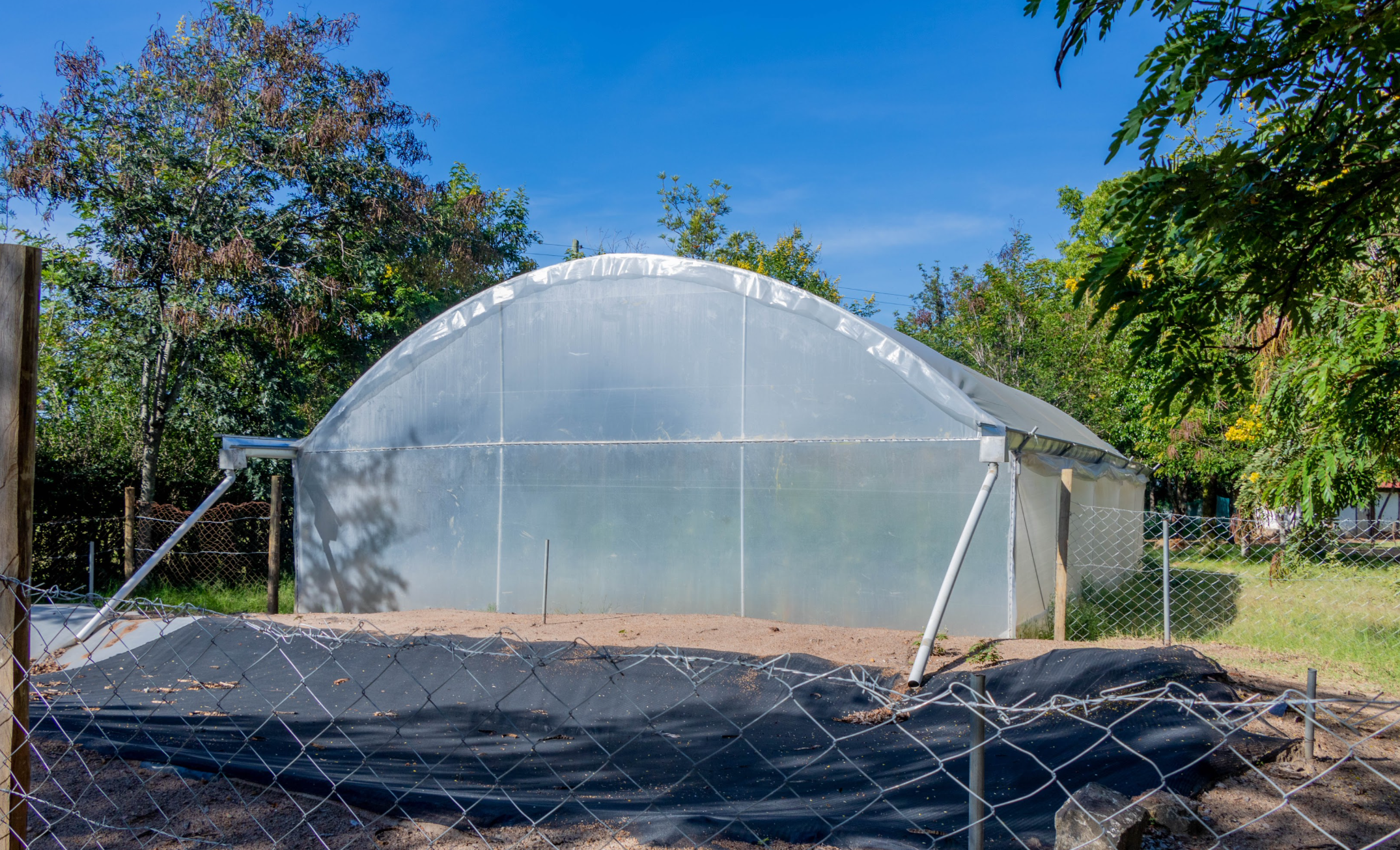
The world is awakening to the importance of sustainable agriculture as we seek to balance our growing global population's food demands with the need to protect the environment. Organic farming, which avoids the use of synthetic chemicals and prioritizes soil health, is increasingly becoming a cornerstone of this movement. One innovative way to practice organic farming is within the controlled environment of a greenhouse.
The Greenhouse Advantage
Greenhouses offer a controlled and protected environment for plants, shielding them from extreme weather conditions, pests, and diseases. This controlled environment is an ideal setting for organic farming, where maintaining natural, chemical-free cultivation is of utmost importance. Here's how farmers can make the most of greenhouses:
1. Soil Health
Organic farming starts with healthy soil. In a greenhouse, you have more control over the soil's composition and quality. You can implement organic soil amendments like compost and cover crops to enhance its fertility. Regular soil testing and monitoring can help ensure your soil remains nutrient-rich and balanced.
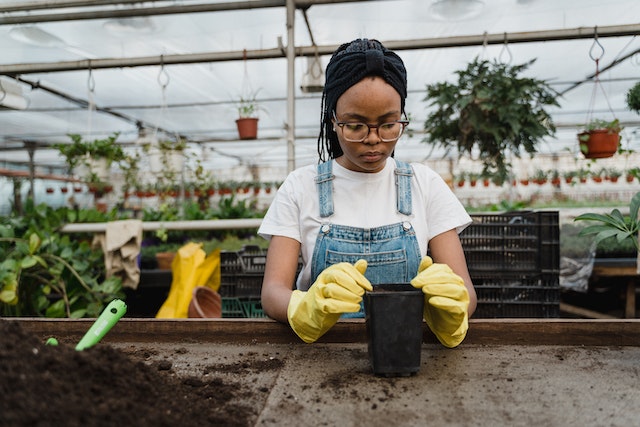 A farmer in a greenhouse collecting soil for testing
A farmer in a greenhouse collecting soil for testing
You can learn more on soil testing and its importance click here.
Synnefa offers soil testing and greenhouse farming equipment. To learn the cost of soil testing, click here.
2. Pest Management
Greenhouses are excellent at keeping pests at bay. With the right practices, you can minimize the need for chemical pesticides. Encourage beneficial insects like ladybugs and lacewings that naturally control pests. Implementing physical barriers like screens on openings and using sticky traps can further reduce the intrusion of unwanted critters.
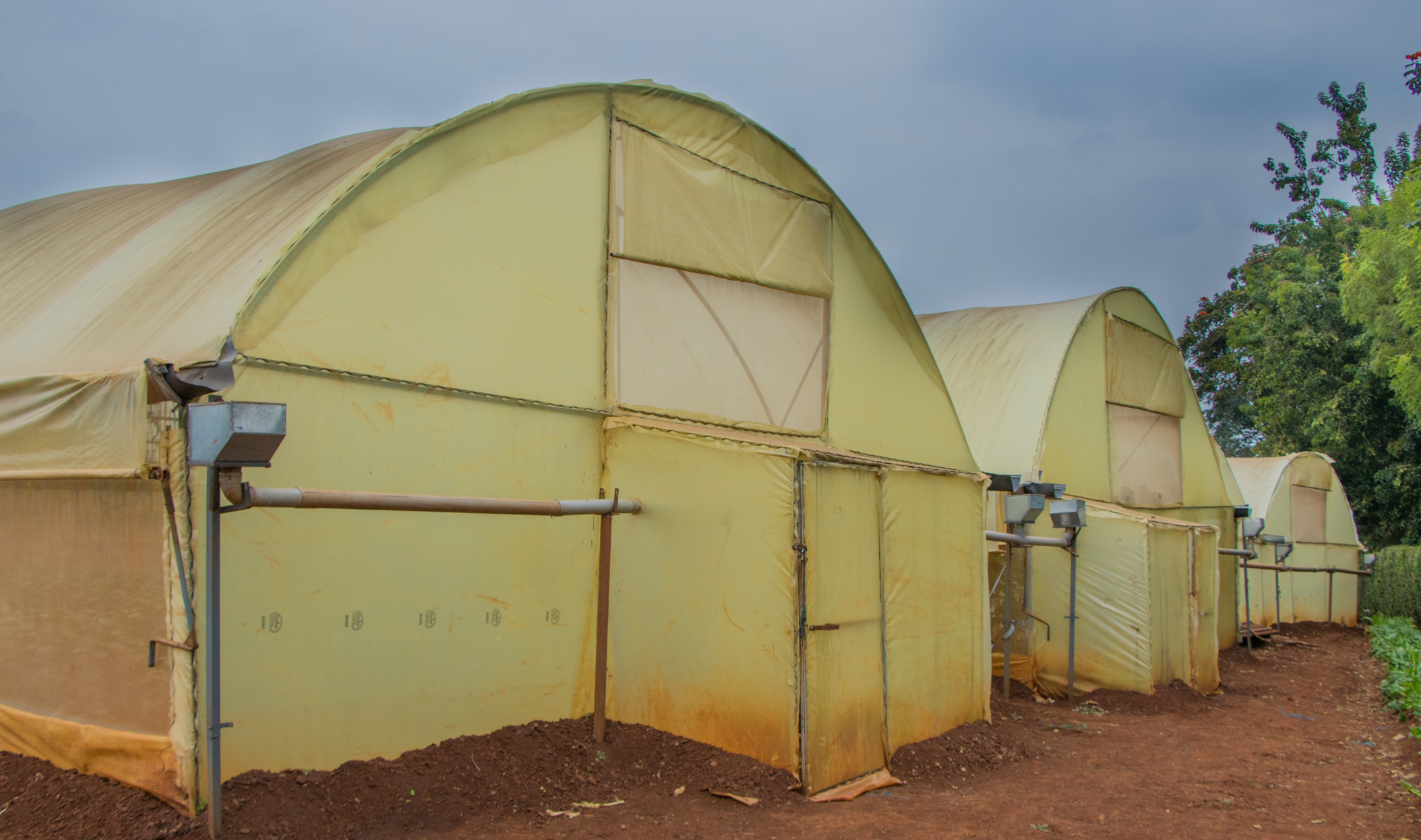 Greenhouse protects plants from rodents and pest infestation.
Greenhouse protects plants from rodents and pest infestation.
3. Crop Rotation and Companion Planting
Even within the confines of a greenhouse, crop rotation and companion planting are valuable organic farming techniques. Rotating crops helps prevent soil depletion and disease buildup. Meanwhile, companion planting can deter pests, promote pollination, and enhance nutrient uptake.
4. Organic Seeds and Seedlings
The foundation of organic farming is organic seeds or seedlings. Ensure that you source your plant material from organic suppliers to maintain the integrity of your greenhouse operation.
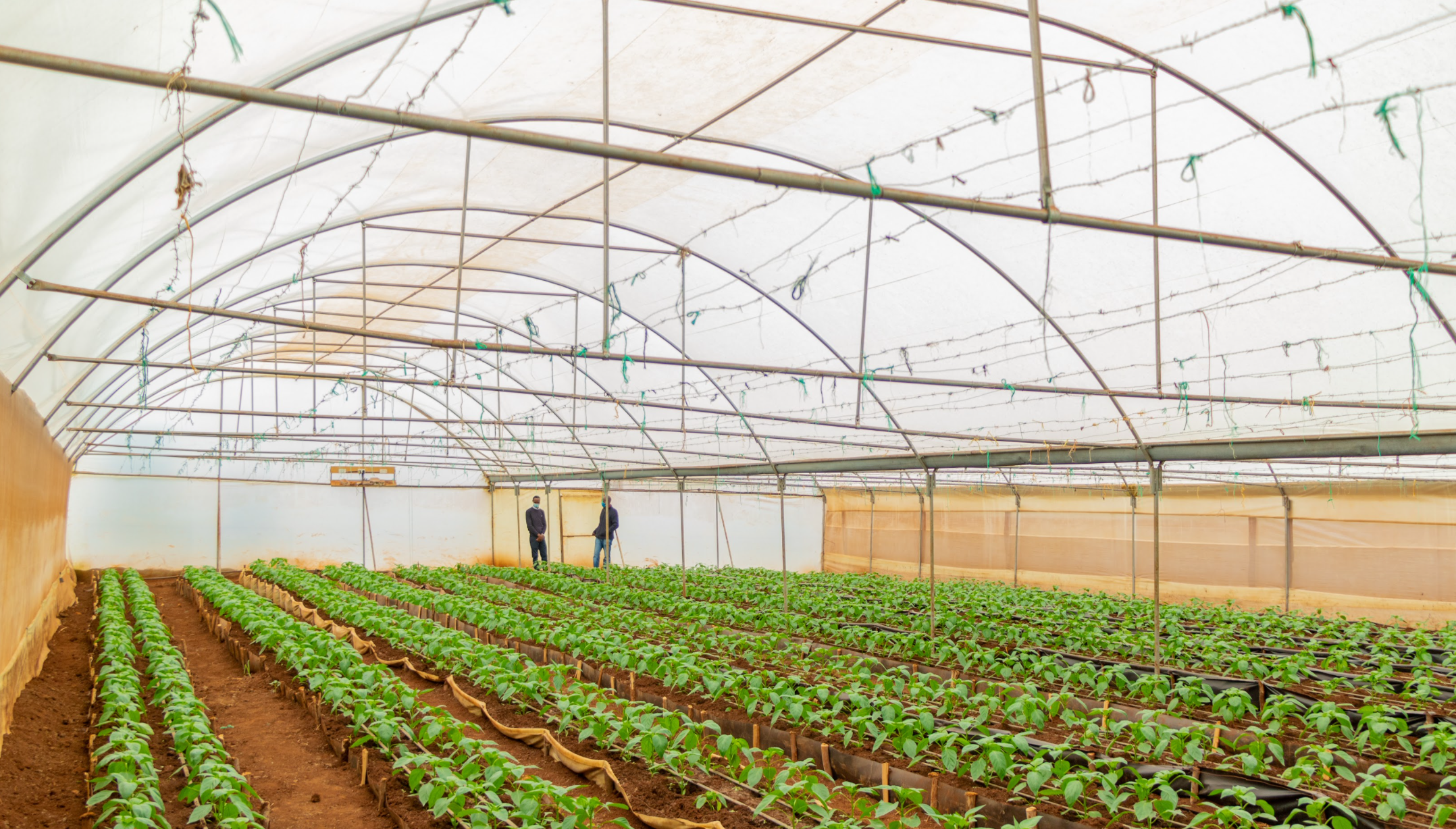
5. Organic Fertilizers
In organic greenhouse farming, chemical fertilizers have no place. Instead, rely on organic alternatives like compost, aged manure, and organic-approved granular or liquid fertilizers. These inputs gradually release nutrients, nourishing your crops without harming the environment.
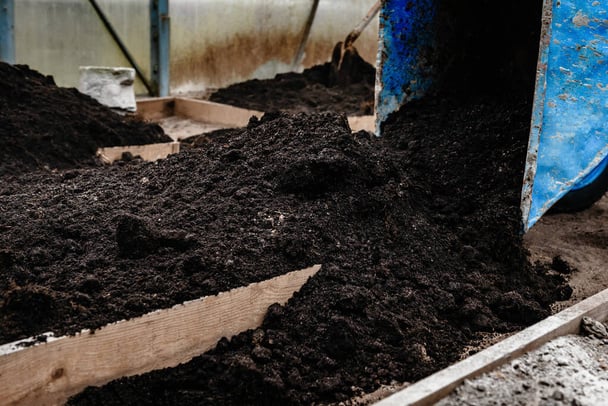
6. Water Management
Greenhouses allow for precise control of irrigation, reducing water wastage. Drip irrigation systems, coupled with rainwater harvesting, can help conserve this precious resource. Avoid overwatering, as it can lead to root diseases, a common issue in closed environments.
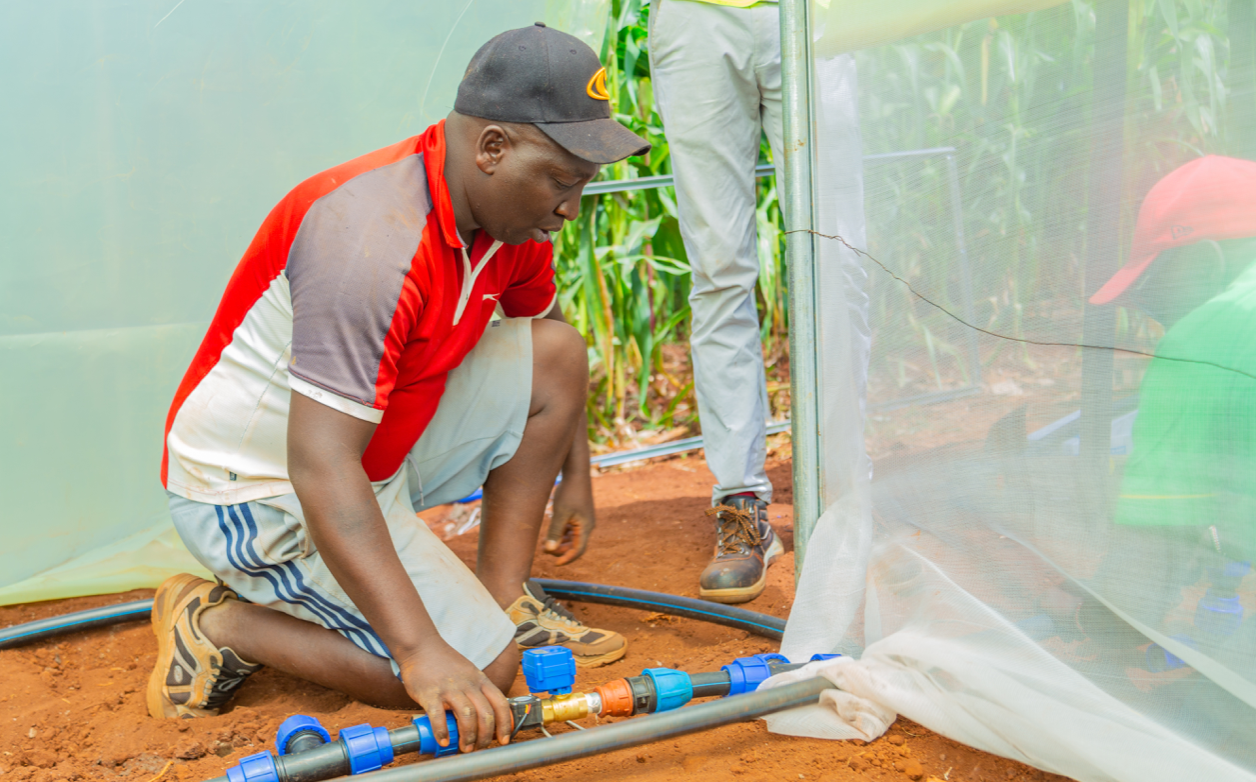
7. Climate Control
Greenhouses enable you to maintain optimal growing conditions. Proper temperature, humidity, and ventilation are essential for crop health. Automated systems can help you manage these factors efficiently.
8. Integrated Pest Management (IPM)
Implement IPM strategies to monitor and manage pest populations. By using biological controls, like releasing predator insects, and employing cultural practices, you can keep pests in check without resorting to chemical pesticides.
9. Disease Management
Minimizing the risk of diseases in a closed environment is crucial. Good sanitation practices, proper spacing between plants, and adequate air circulation all contribute to disease prevention. Regularly inspect your crops for any signs of disease and act swiftly to address issues.
10. Composting and Recycling
Greenhouses generate organic waste, such as plant trimmings and spent potting mix. Implement composting and recycling practices to convert this waste into valuable organic matter that can be returned to the soil.
The Future of Organic Farming
Organic farming within greenhouses is a beacon of hope for sustainable agriculture. It offers a controlled space where farmers can adopt environmentally friendly practices without compromising crop quality or yield. By prioritizing organic principles and implementing careful planning and management, farmers can create a harmonious balance between human needs and the preservation of our planet. As we look toward the future, organic greenhouse farming can play a significant role in providing healthy, sustainably grown food for generations to come.

